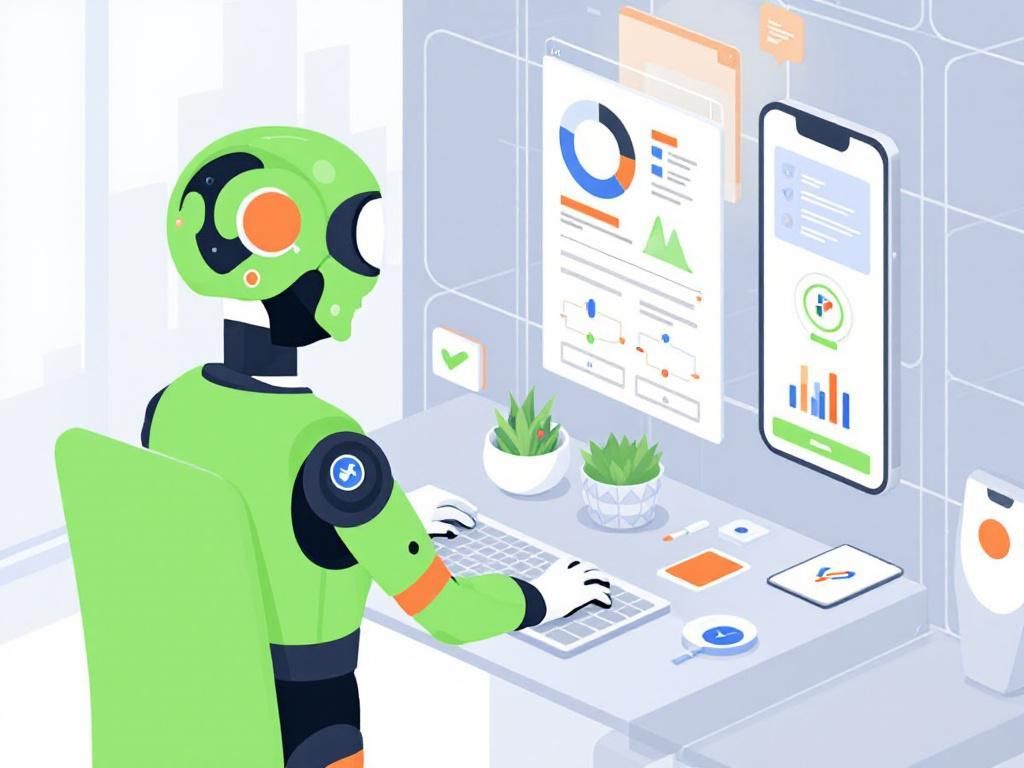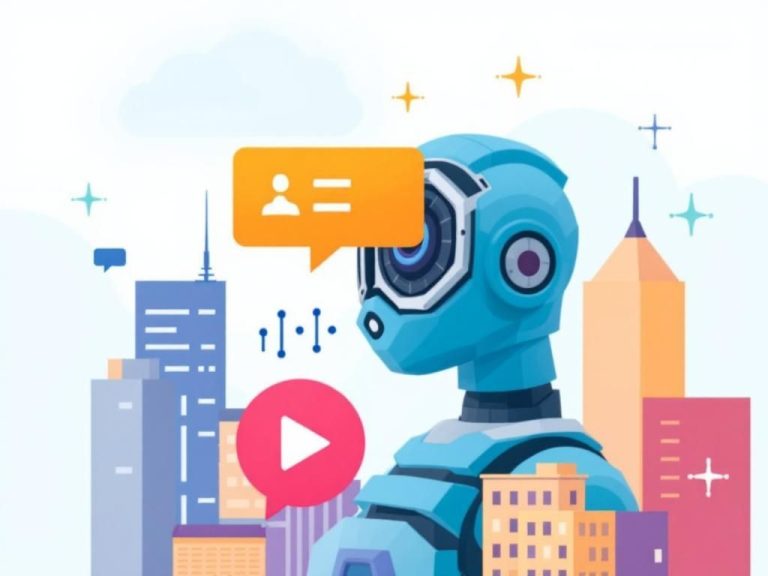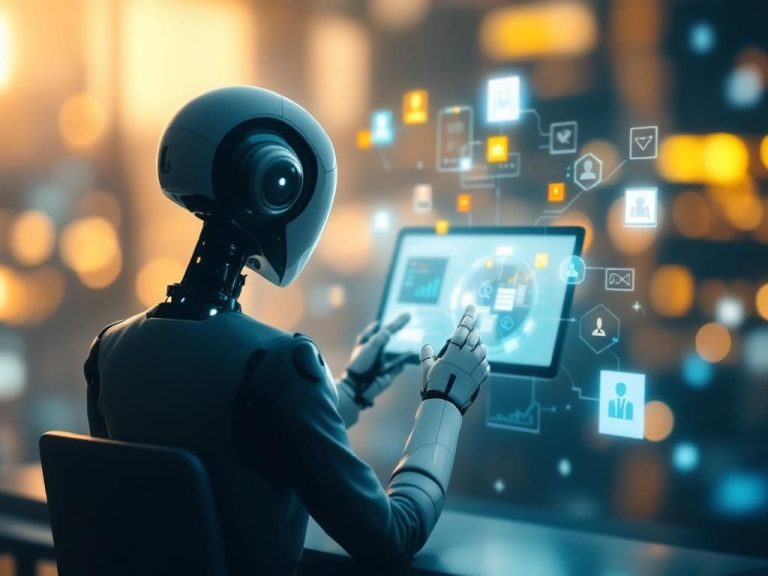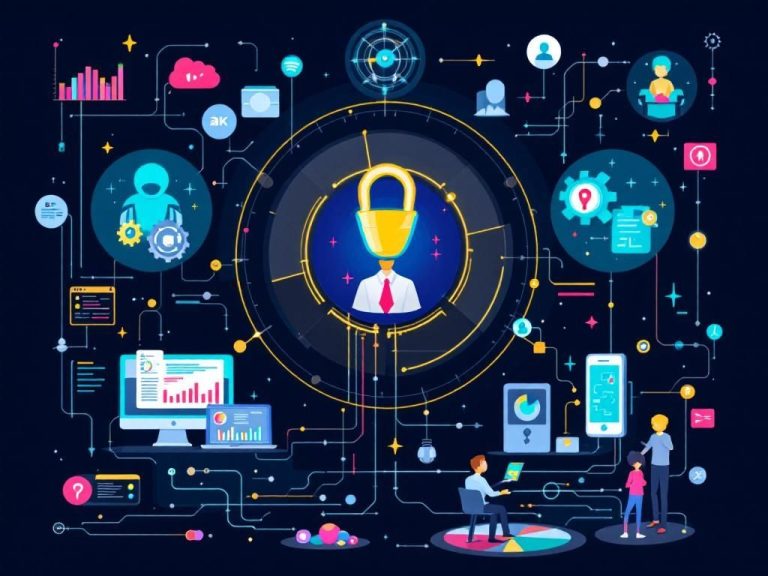As organizations continuously strive to enhance their recruitment processes, the integration of artificial intelligence (AI) has emerged as a game-changer. By automating repetitive tasks, improving candidate screening, and providing data-driven insights, AI tools are transforming how recruitment teams operate. In 2025, we expect to see a plethora of AI solutions that make recruitment not only smarter but also more efficient and inclusive. This article delves into some of the most innovative AI tools that are set to redefine recruitment strategies over the coming years.
Understanding AI in Recruitment
AI in recruitment encompasses a range of technologies, including machine learning, natural language processing, and predictive analytics. These technologies facilitate various stages of the recruitment process, from sourcing candidates to onboarding them. Here are some key benefits of utilizing AI in recruitment:
- Enhanced Candidate Sourcing: AI tools can scan countless online profiles and resumes to identify suitable candidates quicker than human recruiters.
- Improved Screening: Automated systems can analyze applications for skills and qualifications, helping to filter out unqualified candidates efficiently.
- Reduction in Bias: AI can help reduce unconscious biases by using algorithms that focus on skills and experience rather than demographic information.
Top AI Tools to Consider
With the rapid advancement of AI technology, various tools have emerged to support recruitment teams. Below, we highlight some of the leading AI tools expected to influence recruitment strategies in 2025.
1. HireVue
HireVue combines video interviewing technology with AI analytics to assess candidates’ responses during interviews. The platform evaluates verbal and non-verbal cues, improving the quality of candidate assessments.
2. Pymetrics
Pymetrics focuses on cognitive and emotional traits rather than traditional resumes. Using neuroscience-based games, it matches candidates to roles that suit their unique profiles, promoting diversity and inclusion in hiring.
3. X0PA AI
X0PA is a recruitment platform that uses AI to optimize candidate selection. Using predictive analytics, it helps organizations identify the best-fit candidates based on historical data and job success indicators.
4. Eightfold.ai
Eightfold.ai leverages deep learning to match candidates with job openings based on their skills and experiences. The platform also helps companies to manage their talent pool more effectively.
5. Skillate
Skillate simplifies the recruitment process by using AI algorithms to screen resumes and suggest candidates that align closely with job requirements. It aims to reduce the time-to-hire significantly.
Metrics for Evaluating AI Recruitment Tools
When selecting an AI recruitment tool, it’s essential to assess various metrics to ensure you’re making the right choice. Here are some factors to consider:
- Integration Capability: Can the tool easily integrate with your existing recruitment software?
- Candidate Experience: Does the tool provide a seamless experience for candidates throughout the application process?
- Data Security: How does the tool protect sensitive candidate information?
- Success Rate: What is the tool’s track record in improving recruitment outcomes?
- Customer Support: What kind of support and training does the vendor provide?
Challenges of Implementing AI in Recruitment
While AI presents numerous advantages, there are challenges that organizations must navigate:
1. Data Quality
AI systems rely on high-quality data to function effectively. If the input data is biased or flawed, it can lead to poor hiring decisions.
2. Resistance to Change
Recruitment teams may be hesitant to adopt AI tools due to fears of job replacement or skepticism about technology’s capabilities.
3. Ethical Considerations
Ensuring ethical AI usage is crucial. Organizations must remain vigilant about how algorithms may inadvertently perpetuate bias.
The Future of AI in Recruitment
As we move towards 2025, the recruitment landscape will continue to evolve with AI at its core. Key trends to watch include:
1. Enhanced Personalization
AI will enable hyper-personalized candidate experiences tailored to individual preferences and career aspirations.
2. Continuous Learning
AI tools will become more adept at learning from past hiring decisions, continuously improving their recommendations and outcomes.
3. Integration with HR Tech
The fusion of AI recruitment tools with other HR technologies, such as learning and development platforms, will create a more cohesive workforce management solution.
Conclusion
The integration of AI into recruitment processes presents a significant opportunity for organizations to enhance their hiring strategies. As we approach 2025, the tools and techniques will continue to evolve, offering innovative solutions to traditional challenges. By leveraging these AI tools, organizations can not only streamline their recruitment processes but also build a more diverse and inclusive workforce.
FAQ
What are the top AI tools for recruitment in 2025?
In 2025, top AI tools for smarter recruitment include platforms like HireVue, Pymetrics, and Eightfold.ai, which leverage machine learning for candidate screening and assessment.
How do AI tools improve the recruitment process?
AI tools enhance the recruitment process by automating repetitive tasks, providing data-driven insights, and improving candidate matching based on skills and company culture.
What features should I look for in AI recruitment tools?
Look for features such as resume parsing, candidate scoring, predictive analytics, and integration with existing HR systems to streamline the hiring process.
Can AI tools help reduce bias in recruitment?
Yes, many AI recruitment tools are designed to minimize bias by focusing on skills and qualifications rather than demographic factors, promoting a more diverse hiring process.
How can small businesses benefit from AI recruitment tools?
Small businesses can benefit from AI recruitment tools by saving time and resources, enhancing candidate quality, and gaining access to advanced hiring analytics that were previously available only to larger organizations.
What is the future of AI in recruitment beyond 2025?
The future of AI in recruitment beyond 2025 is expected to include more sophisticated algorithms, greater personalization in candidate engagement, and enhanced predictive capabilities for workforce planning.




